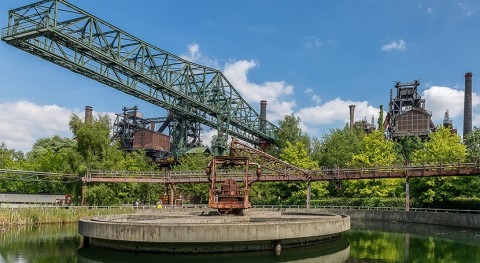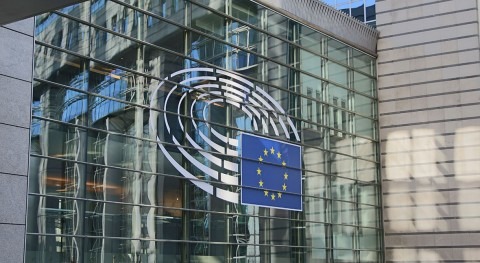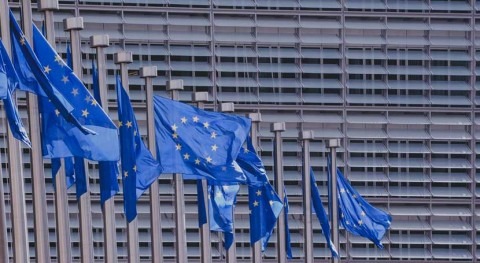Population growth, urbanisation and tourism have all contributed to the water shortages and droughts that are increasingly affecting many areas of Europe, especially the Mediterranean region. Water sources are under stress and the situation is expected to get worse because of climate change. According to an estimate, by 2030 half of Europe’s river basins could be affected by water scarcity.
In order to secure Europe’s freshwater supplies for the years to come, MEPs voted in favour of a proposal for the reuse of wastewater on 12 February.
The new rules aim to promote the use of treated wastewater for agricultural irrigation, which accounts for about half of the water used in the EU every year. Increased water reuse in farming could help reduce water scarcity.
In order to ensure safety of the crops, the new rules introduce minimum requirements for water quality, require frequent monitoring and oblige wastewater treatment plants to draw up risk management plans. Member state authorities would issue permits for the treatment plants and check for compliance of rules.
Uniform EU level rules would level the playing field for operators of reclamation plants and farmers and prevent obstacles to the free movement of agricultural products.












